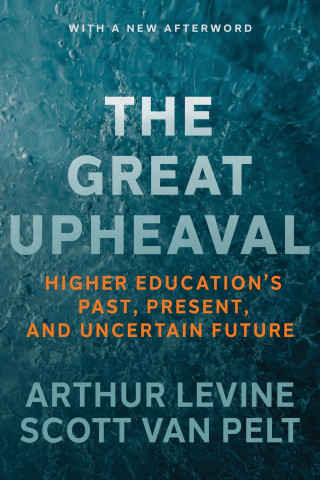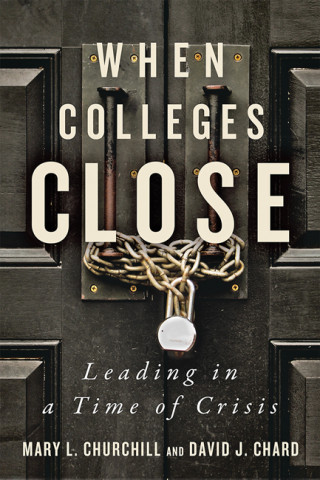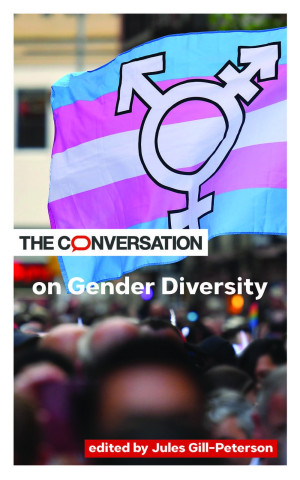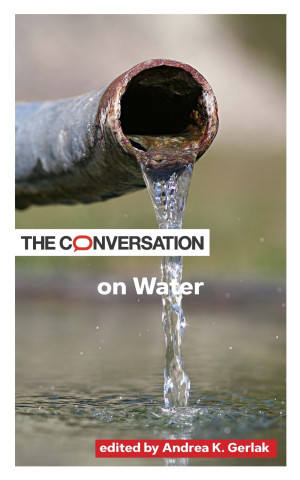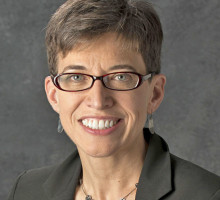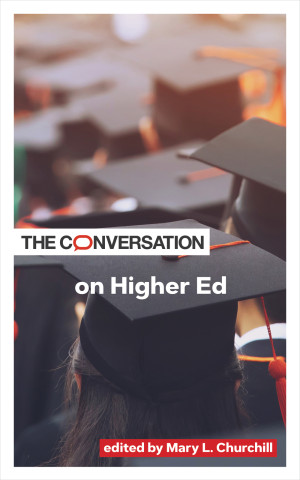
Reviews
The Conversation on Higher Ed edited by Mary L. Churchill provides a much-needed insight into reshaping the landscape of the academic life when the US institutions of higher learning have reached a "major inflection point"... The biggest assets of the present volume lie in its well-articulated verbiage, in its focus on things that really matter on campus these days, like freedom of speech, the need for knowledge in the work market, better curriculum perspectives, the implications of Artificial Intelligence, creating better learning conditions, as well as taking a positive look at the current state of affairs.
Provides readable expert insight on a consequential issue, especially for families in which someone is considering or pursuing postsecondary education. This type of work is very much needed to bridge the gap between insular higher education policy debates and concerns of the general public, especially given declining trust in the value of higher education. The Conversation on Higher Ed is an important effort in that direction.
More than a book of essays, this collection edited by Mary Churchill serves as a north star for us all as we try to navigate the choppy waters in higher education. Debt, affordability, student success, and lifelong learning are all examined with an analysis that reminds us of the public purposes of higher education. This book is honest and also hopeful about what it means to learn together and, through that, to design institutions that will nurture future generations of learners.
Book Details
Series Editor's Foreword
Preface
Part I: Succeeding at College
1. 4 Tips for Choosing a Good College—and Getting Accepted, by Timothy Poynton
2. The SAT and ACT Are Less Important Than You Might Think, by
Series Editor's Foreword
Preface
Part I: Succeeding at College
1. 4 Tips for Choosing a Good College—and Getting Accepted, by Timothy Poynton
2. The SAT and ACT Are Less Important Than You Might Think, by Mary L. Churchill
3. How Direct Admission Is Changing the Process of Applying for College, by Mary L. Churchill
4. 5 Things to Consider before Taking Out a Student Loan, by Monica Chan, David J. Nguyen, and Katie N. Smith
5. A College President's Advice to College Students of the Future Is Don't Borrow, by Walter V. Wendler
6. Building Relationships Is Key for First-Year College Students: Here Are 5 Easy Ways to Meet New Friends and Mentors, by Peter Felten, Leo M. Lambert, Isis Artze-Vega, and Oscar R. Miranda Tapia
7. Advanced Degrees Bring Higher Starting Salaries—but Also Higher Debt, by Eric Grodsky and Jaymes Pyne
8. College Students Who Work More Hours Are Less Likely to Graduate, by Celeste K. Carruthers, Walter G. Ecton, and Carolyn Heinrich
Part II: Why College Still Matters
9. 3 Things That Influence College Graduates from Rural Areas to Return to Their Communities, by Stephanie Sowl
10. The Problem with the Push for More College Degrees, by Johann N. Neem
11. Beyond Social Mobility, College Students Value Giving Back to Society, by Alicia Bencomo Garcia, Marcela G. Cuellar, and Kem Saichaie
12. Gates-Funded Commission Aims to Put a Value on a College Education, by Nicholas Tampio
13. Fewer US College Students Are Studying a Foreign Language—and That Spells Trouble for National Security, by Deborah Cohn
Part III: Education as a Private Good
14. Why Some Public Universities Get to Keep Their Donors Secret, by Alexa Capeloto
15. Free-College Proposals Should Include Private Colleges, by Michael Simkovic
16. 5 Ways to Check a College's Financial Health, by Leo M. Lambert and Gerald Whittington
17. Cost and Lack of Majors Are among the Top Reasons Why Students Leave For-profit Colleges, by Molly Ott and Thomas Zimmerman
Part IV: Inequality and Failure of Social Systems
18. College Students with Loans More Likely to Report Bad Health and Skip Medicine and Care, by Arielle Kuperberg and Joan Maya Mazelis
19. 3 Things the Pandemic Taught Us about Inequality in College—and Why They Matter Today, by Elena Van Stee
20. College Students with Young Kids—Especially Mothers—Find Themselves in a Time Crunch, by Claire Wladis
21. More Solutions Needed for Campus Hunger, by Suzanna M. Martinez
22. As Second Chance Pell Grant Program Grows, More Incarcerated People Can Get Degrees, by Mneesha Gellman
Part V: The Importance of Diversity
23. How Colleges Seek to Increase Racial Diversity without Relying on Race in College Admissions, by Lauren Foley
24. More Student or Faculty Diversity on Campus Leads to Lower Racial Gaps in Graduation Rates, by Nicholas A. Bowman
25. 5 Ways That College Campuses Benefit from Diversity, Equity, and Inclusion Programs, by Erica Jacqueline Licht
26. 3 Ways to Make "Belonging" More Than a Buzzword, by Michelle Samura
27. Women of Color Faculty Do Extra Diversity Work for No Extra Reward—Here's How to Fix That, by Dawn Culpepper, Audrey Jaeger, Alexandra Kuvaeva, Joya Misra, and KerryAnn O'Meara
28. The Importance of Having Female College Presidents in the Ivy League, by Felecia Commodore
Part VI: Academic Life Is Getting More Difficult
29. 5 Ways College Instructors Can Help Students Take Care of Their Mental Health, by Max Coleman
30. Should Artificial Intelligence Be Permitted in College Classrooms? 4 Scholars Weigh In, by Nicholas Tampio, Patricia A. Young, Shital Thekdi, and Asim Ali
31. The Future of College Will Involve Fewer Professors, by Patricia A. Young
32. The US Doesn't Have Enough Faculty to Train the Next Generation of Nurses, by Rayna M. Letourneau
33. Academic Tenure: What It Is and Why It Matters, by George Justice
Part VII: Student Activism and Free Speech on Campus
34. What Liberals and Conservatives Get Wrong about Free Expression on College Campuses, by Mark McNeilly and Timothy Ryan
35. Saying That Students Embrace Censorship on College Campuses Is Incorrect—Here's How to Discuss the Issue More Constructively, by Bradford Vivian
36. Not Every Campus Is a Political Battlefield, by Leonard Saxe and Graham Wright
37. Why Colleges Should Think Twice before Punishing Student Protesters, by Jerusha Osberg Conner
Contributors
Index
